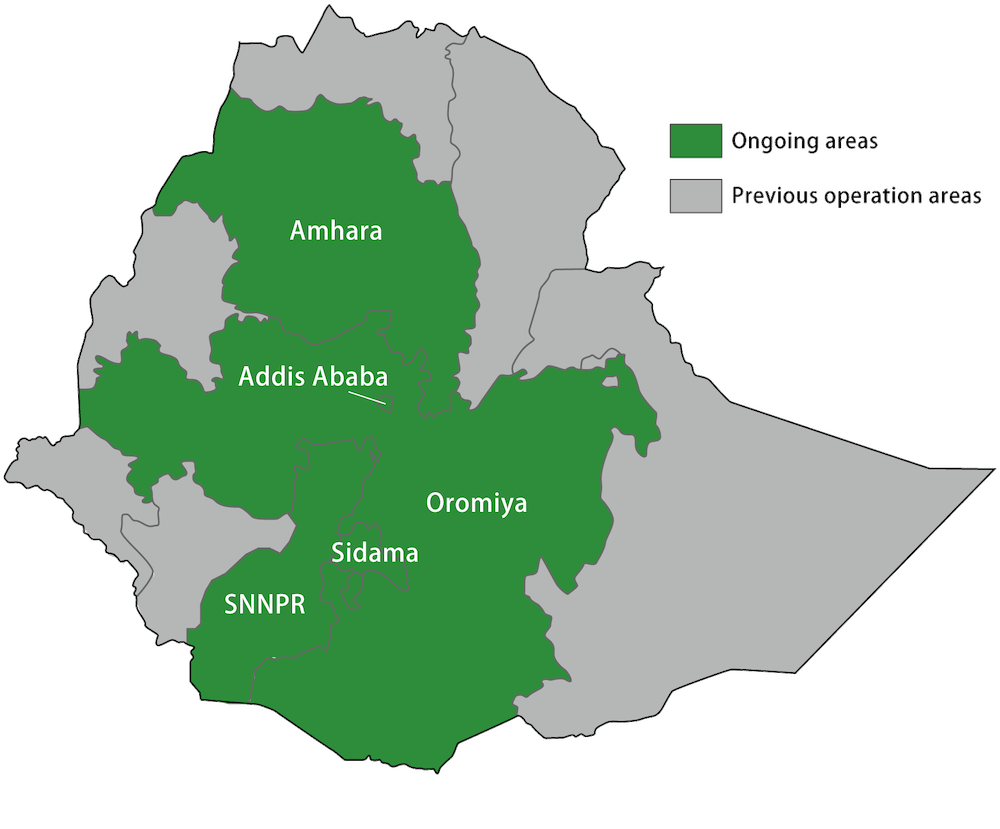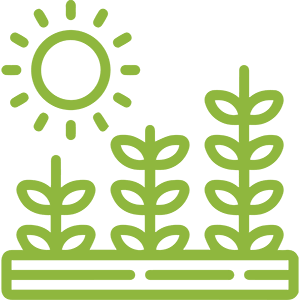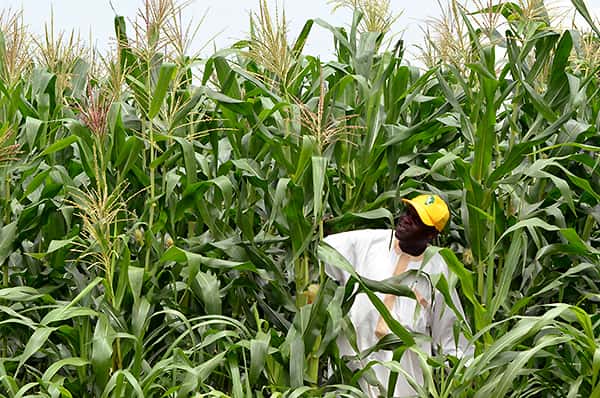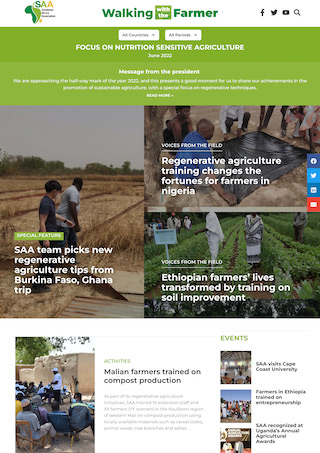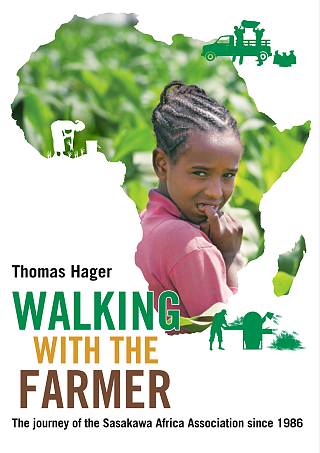Agriculture remains a cornerstone of Nigeria’s economy. In addition to feeding the country’s 200 million-plus people, it is a major source of employment, foreign exchange and supplier income. Contributing approximately 20% to the nation’s GDP *1, the sector holds huge potential yet faces significant challenges and growth constraints, including low productivity, degraded soil, weak extension services, inefficient markets and poor infrastructure. Compounding these issues, external shocks like COVID-19, insecurity, climate change and the Russia-Ukraine conflict have disrupted progress, escalating the cost of key inputs, such as fertilizers.
To help tackle Nigeria’s agricultural challenges, in March 1992 the Sasakawa Africa Association (SAA) established Sasakawa Global 2000 Nigeria (SG 2000-Nigeria). Funded by The Nippon Foundation, SG 2000-Nigeria began operations based on an agreement with the Federal Ministry of Agriculture and Natural Resources (FMANR), known today as the Federal Ministry of Agriculture and Food Security (FMAFS). Through capacity-building initiatives targeting frontline extension workers and smallholder farmers, and through collaboration with state-level Agricultural Development Projects, SG 2000-Nigeria set out to enhance crop production and productivity while improving food crop marketing.
A pivotal strategic shift occurred in 2010, when SG 2000-Nigeria embraced a comprehensive agricultural value chain approach. While crop productivity remained a priority, the approach expanded to include post-harvest management, agro-processing and market access. Recognizing the critical roles of rural youth and women, the initiative prioritized inclusive advisory services and strengthened farmer organizations. This holistic strategy also promoted public-private partnerships to drive sustainable agricultural development. Rebranded as SAA-Nigeria, the organization’s current 2021-2025 Strategy reflects a commitment to creating sustainable and resilient food systems. Building on decades of achievements and tackling emerging challenges, SAA-Nigeria continues to pave the way for innovative, inclusive and transformative agricultural development in Nigeria.
*1 National Bureau of Statistics 2023
Key Achievements
- Boosting crop yields: increased the yields of major food crops for participating farmers, including:
- Maize - from 1.36 to 5.21 tons per ha
- Wheat - from 1.73 to 4.5 tons per ha
- Millet - from 1.2 to 3.5 tons per ha
- Cassava - from 9 to 30 tons per ha
- Promoting improved varieties: facilitated the widespread adoption of hybrid maize, extra-early (E-E) maize and quality protein maize varieties.
- Empowering farmers: positively impacted the lives and livelihoods of over 5 million smallholder farmers.
- Building extension capacity: retrained more than 6,000 public agricultural extension workers to enhance their skills and knowledge.
- Strengthening academic partnerships: collaborated with nine universities to provide training and retraining for agricultural extension workers.
- Enhancing stakeholder linkages: forged beneficial linkages between research, extension, farmers and the private sector to drive agricultural innovation and adoption.
